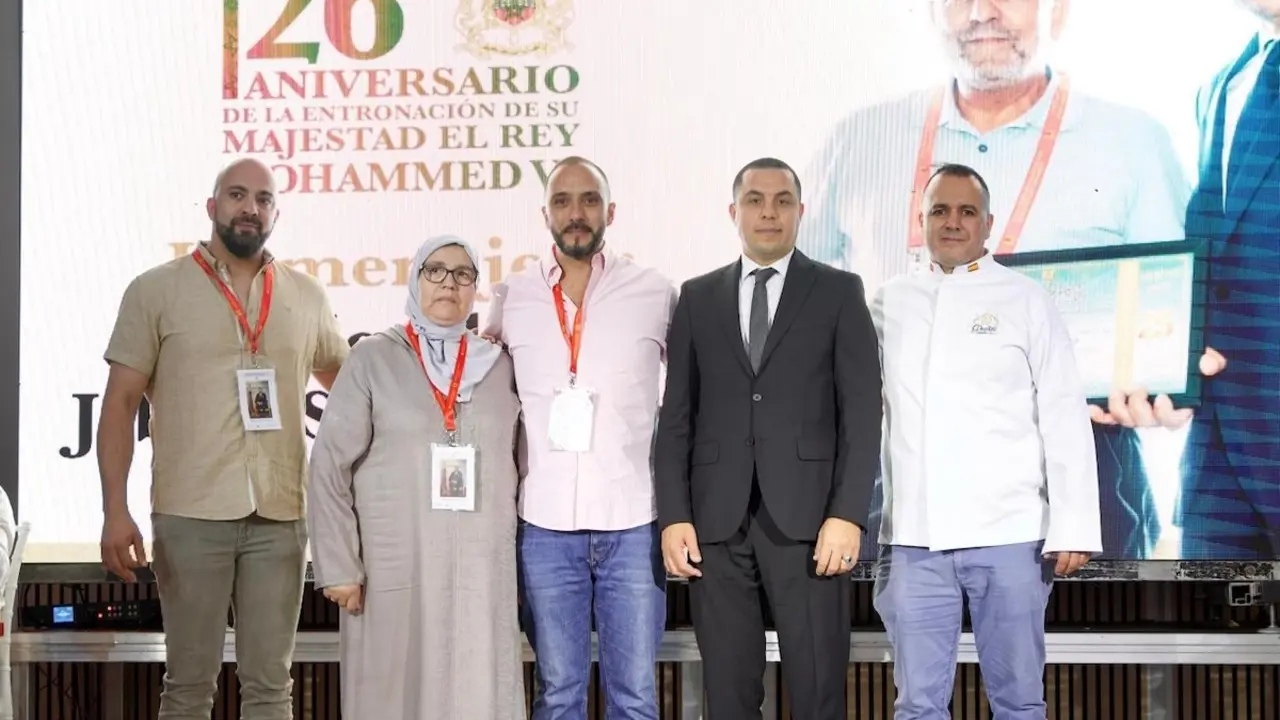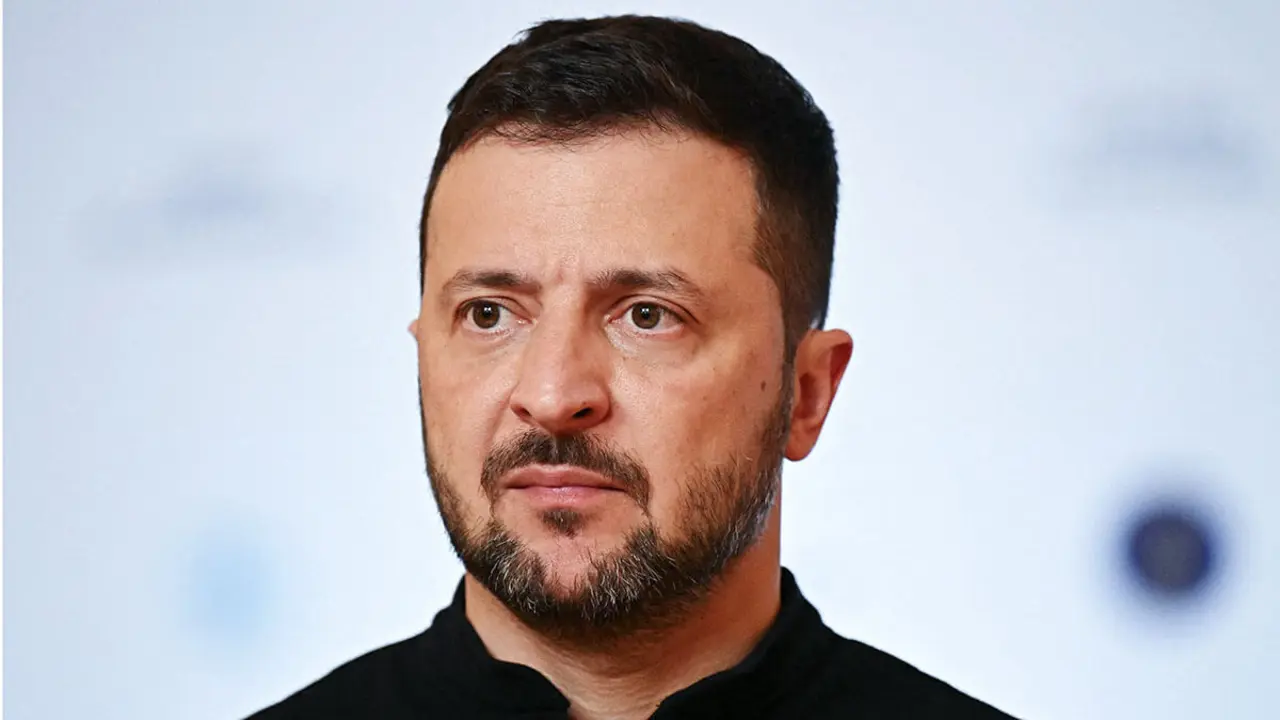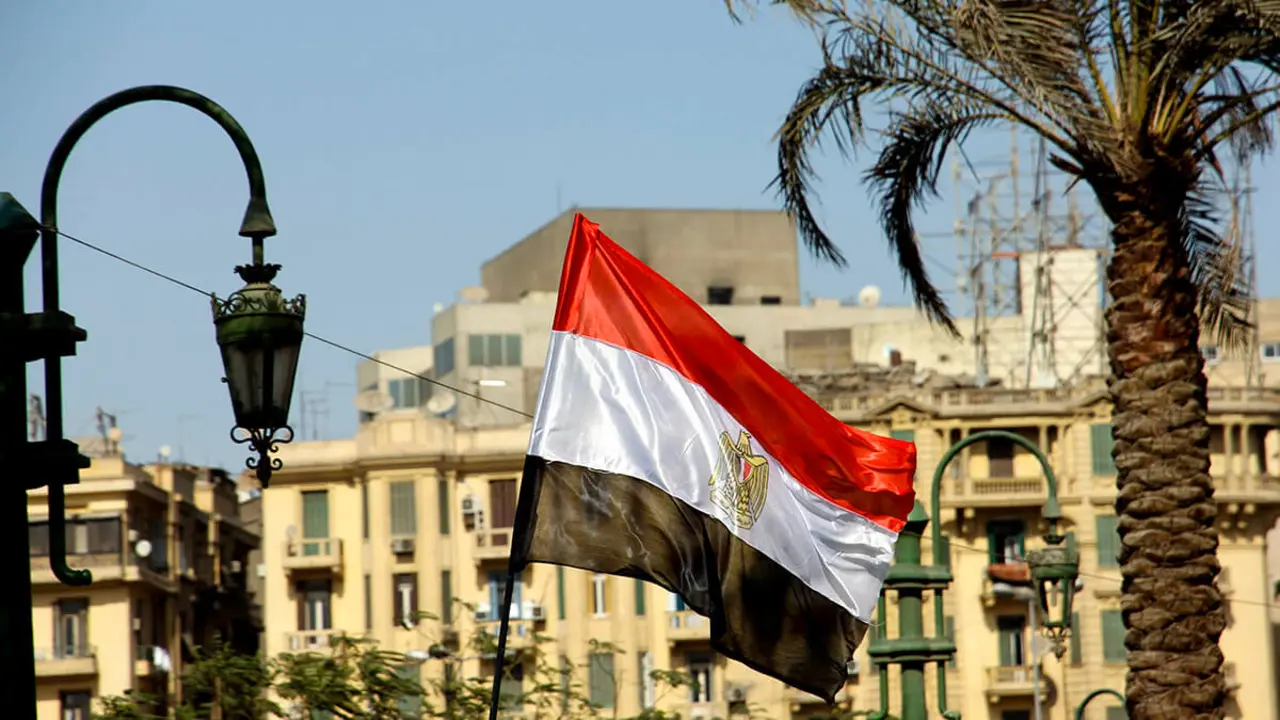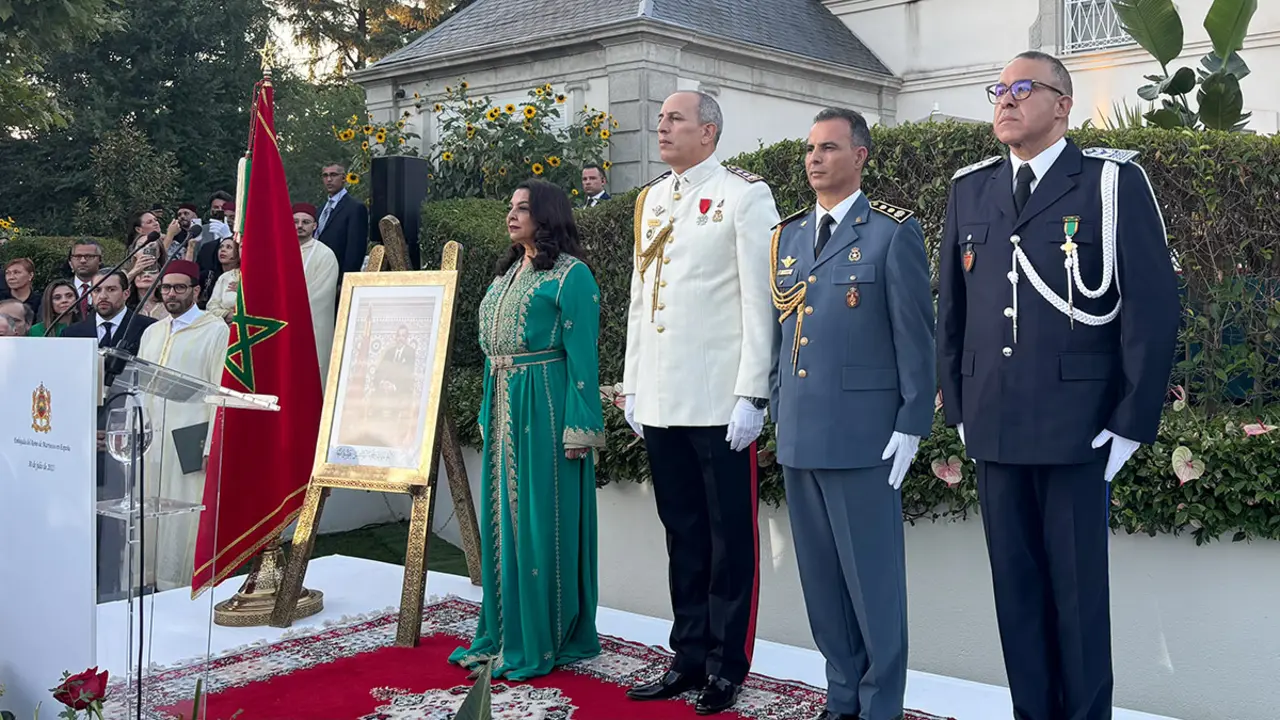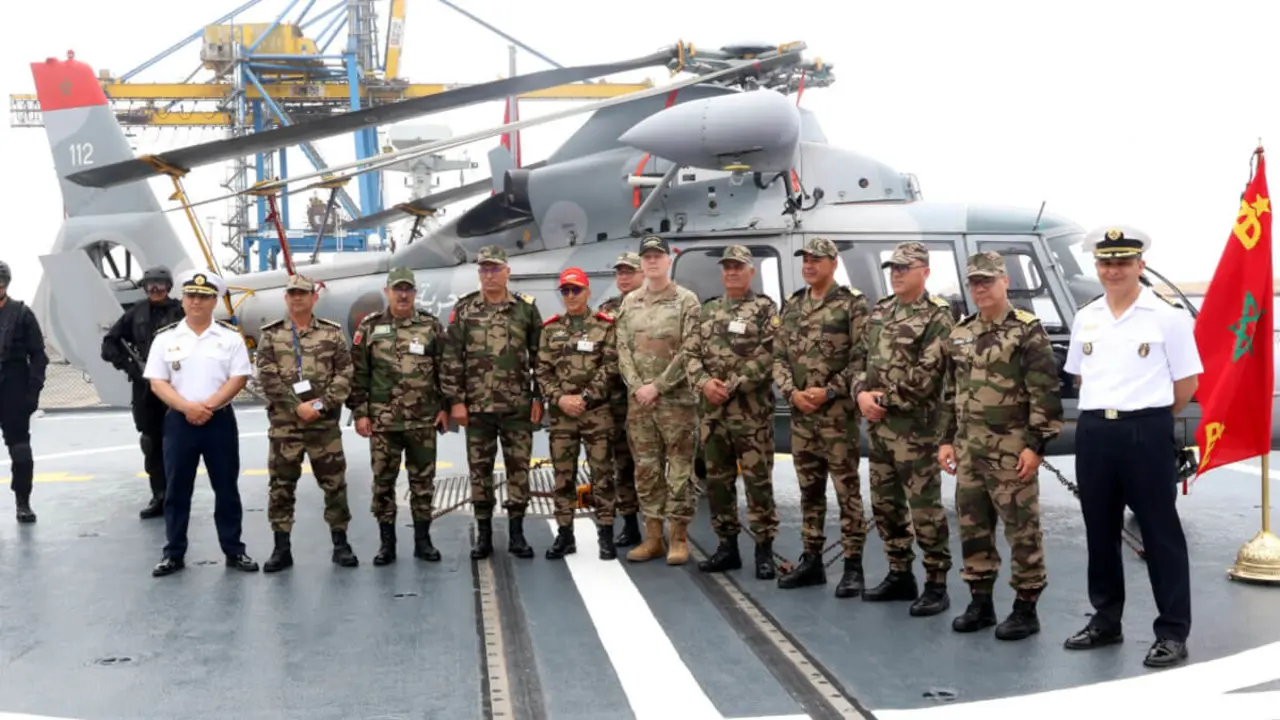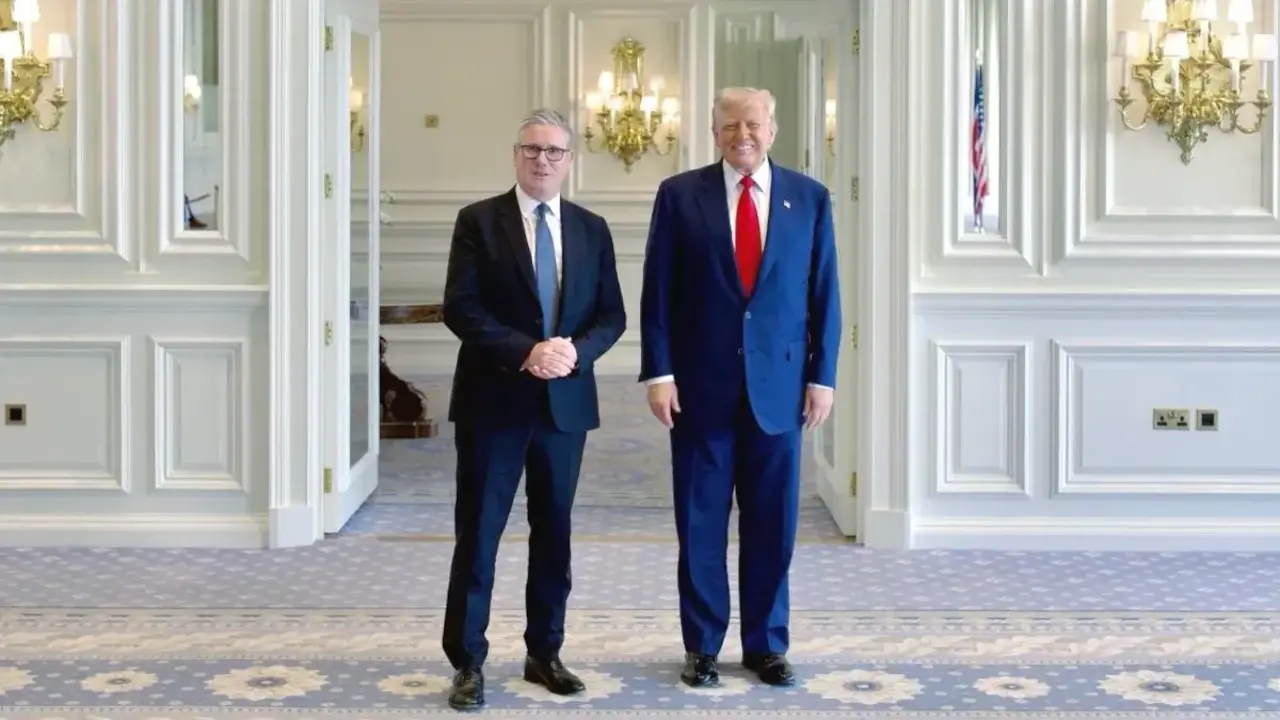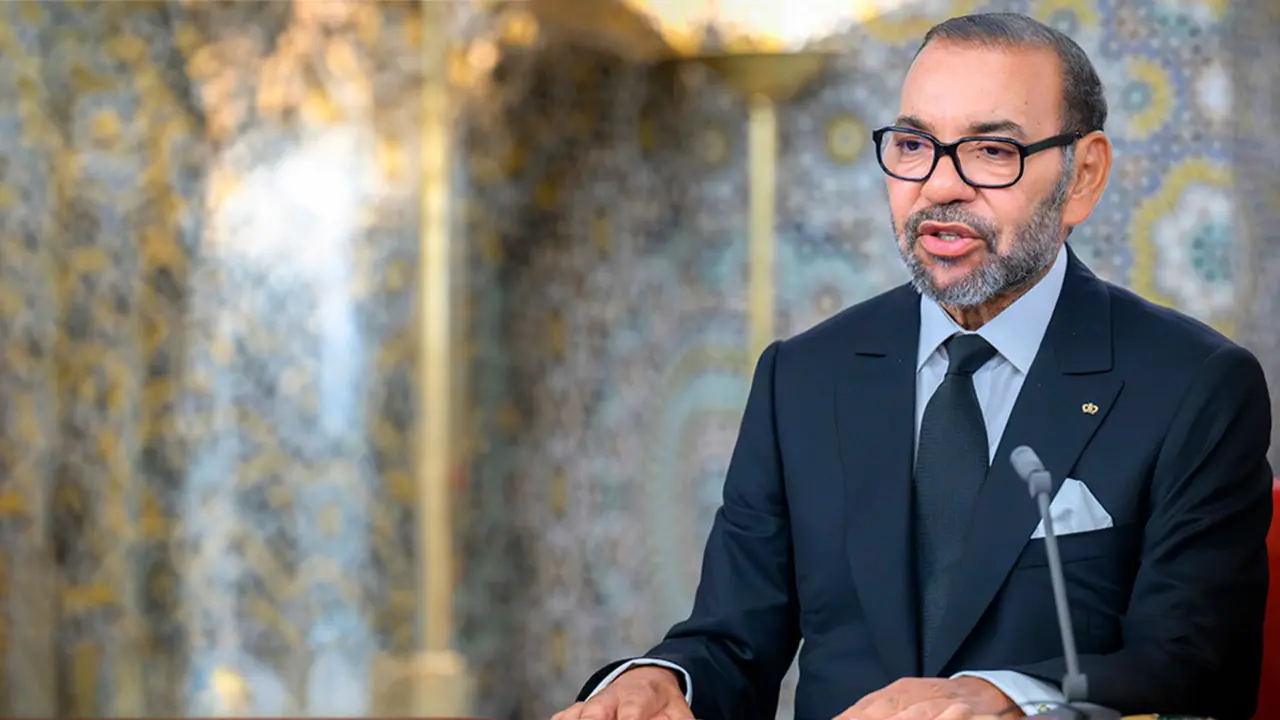Algeria withdraws operating accreditation from Saudi-linked Al-Arabiya channel
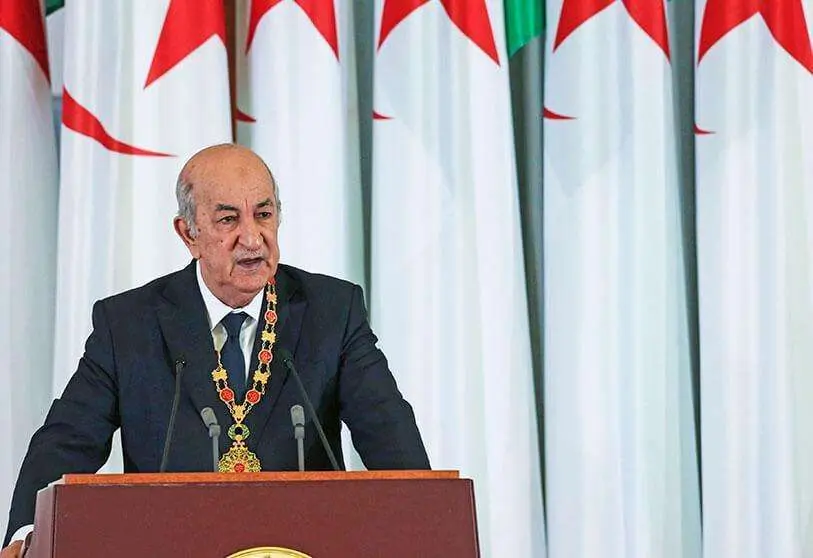
The Emirati media outlet Al-Arabiya has suspended its work in Algeria after the country's government withdrew the channel's operating accreditation. Algiers recently took the same decision against the French media outlet France 24. According to a communiqué from the Algerian Ministry of Communication, this measure is due to the fact that "this channel does not respect the rules of professional ethics and resorts to disinformation and manipulation".
Algeria's decision is reportedly conditioned by the current political crisis in neighbouring Tunisia. Saudi Arabia, a country linked to the Al-Arabiya media, has expressed its support for Tunisian leader Kais Saied after he assumed full powers, freezing the national parliament for 30 days and lifting the immunity of ministers. Saied also dismissed the prime minister, Hichem Mechichi, with whom he had been at political loggerheads since the beginning of the year. Although Saied took this decision to "save the country", political groups in the country, such as the Ennahda movement, consider it a coup d'état. The current government has been engaged in a political struggle with the Islamist sector, which has been seeking to seize power since the fall of Ben Ali in the Jasmine Revolution of 2011.
"The government reiterates its confidence in the Tunisian leadership to overcome these circumstances and achieve a decent life and prosperity for the brotherly Tunisian people," Saudi Arabia's foreign ministry said in a statement. Prince Faisal bin Farhan, the foreign minister, announced Riyadh's support for Tunisia in "facing the economic and social challenges".
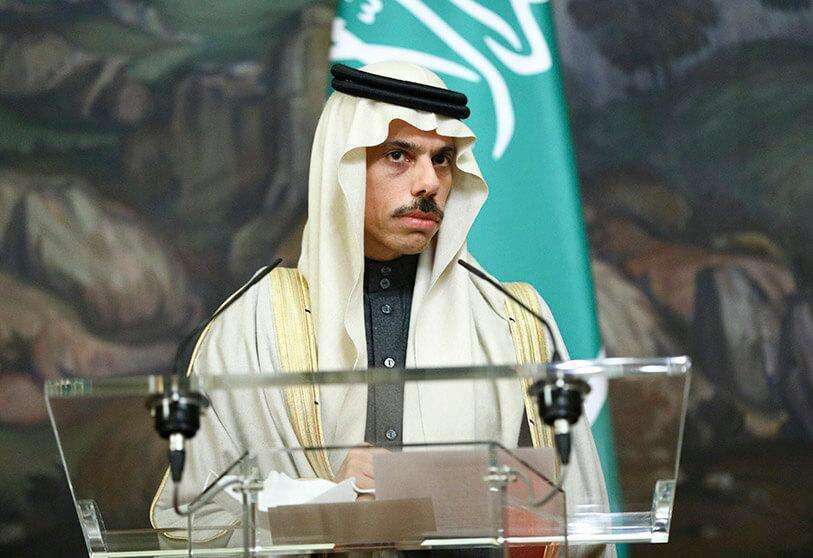
The Algerian government, on the other hand, supports the Islamists in Tunisia along with Turkey. Ankara has traditionally been a strong ally of movements linked to the Muslim Brotherhood. Like Tunisian Islamist sectors, Turkish authorities have considered Saied's action a "coup d'état". "The military coup is illegitimate in Tunisia as it is everywhere. The people of Tunisia will cling to the constitutional order and the law," declared Mustafa Sentop, speaker of the Turkish parliament. Ibrahim Kalin, presidential spokesman, also expressed his rejection of "the suspension of the democratic process and the disregard of the democratic will of the Tunisian people".
Recently, President Recep Tayyip Erdogan held a telephone conversation with Algerian President Abdelmadjid Tebboune and the president of the Libyan Presidential Council, Mohammed al-Menfi. The politicians "especially" discussed the latest developments in Tunisia, reports Turkish media TRT.

In the case of France 24, the French broadcaster had received an alert and then a warning from the Ministry of Communication before its accreditation was withdrawn. Finally, the ministry announced the decision a day after the early parliamentary elections because of "the channel's bias in covering popular movement rallies and using archive photos to exaggerate the size of the demonstrators". Ammar Belhimer, spokesman for the Algerian government, underlined the "manifest and repeated hostility" against the country and its institutions, "non-compliance with the rules of professional ethics, misinformation and manipulation", as well as "a demonstrated aggressiveness against Algeria" on the part of the French channel. France 24, in response, defended its work by assuring that its "coverage of Algerian news is carried out with transparency, independence and honesty, as in the rest of the world".
The Algerian authorities are seeking to reduce coverage of the health situation in the country and the oxygen crisis in public hospitals. Ayman bin Abdul Rahman, Algeria's prime minister, had called on the media to "be objective and avoid intimidation to maintain social stability" amid a wave of criticism from citizens over the handling of the coronavirus pandemic.
The communications ministry also urged the media to "refrain from worrying citizens or exaggerating the current situation". The Delta variant has caused a spike in infections in the North African country over the past month of July, accounting for 71% of all new cases. A few days ago, Algeria reached 2,000 infections per day for the first time and authorities reported a new peak in the number of deaths. As a result, the government imposed a partial lockdown in 35 provinces of the country.

The Algerian government's latest decisions against certain media outlets have been criticised by international organisations. These decisions are also a serious violation of the right to freedom of the press. Algeria ranks 146 out of 180 in terms of freedom of information; as Reporters Without Borders points out, "the Algerian authorities are putting increasing pressure on the media".

